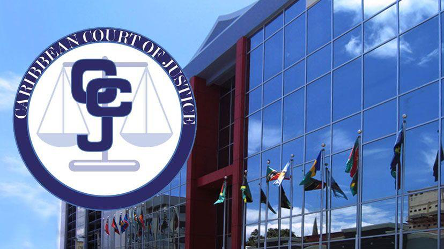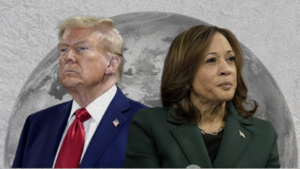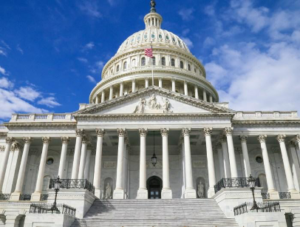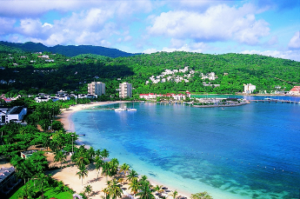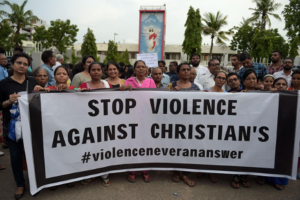By Nadine Wilson-Harris
The persistent call by the parliamentary opposition for Jamaica to move forward with the Caribbean Court of Justice (CCJ) as Jamaica’s final appellate court has rattled some members of the Christian community, who are pointing out that the regional institution might be influenced to rule against those who oppose the western ideologies of some of its donor funders.
The most recent push for Jamaicans to embrace the CCJ came from opposition leader and People’s National Party (PNP) president, Mark Golding, who made it clear that his party will not support Jamaica becoming a republic if the United Kingdom (UK) Privy Council is to remain the country’s final appellate court.
“We need to decolonise Jamaica once and for all. We, the PNP have no interest in moving to a republic while retaining the king’s Privy Council in London as Jamaica’s final court. That does not make sense to any progressive person,” he told supporters a few weeks ago, during the party’s 85th annual national conference at the National Arena.
Subsequently, a RJRGLEANER-commissioned Don Anderson poll indicated that 58.9 percent of respondents were in favour of the adoption of the CCJ as Jamaica’s final court, while 23 percent said Jamaica should retain the UK-based Privy Council.
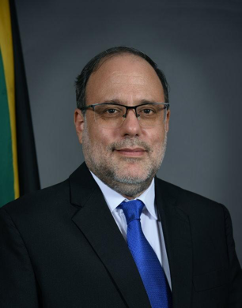
Among those who believe Jamaica should retain the UK-based Privy Council are attorneys Shirley Richards and Maurice Saunders, who asserted in a Letter to the Editor that there are weaknesses and flaws in the CCJ that must be addressed and corrected before it can be adopted as Jamaica’s final appellate court.
“What of the fact that the President of the CCJ has said that the CCJ is an “executing agency” for donor funds? To make it worse, one source of such funds is UN Women, an organisation which engages in outright LGBT+activism!” they argued.
President of the CCJ, Justice Adrian Saunders had revealed during a Special Guest Lecture and Dinner last year, that the court has been the executing agency for the Canadian-funded Judiciary Reform and Institutional Strengthening (JURIST) project. “The international community has identified the CCJ as an appropriate executing agency for donor funds designed for justice improvement throughout the region,” Justice Saunders stated at the time.
Marlene Malahoo-Forte, who heads Jamaica’s 15-member Constitutional Reform Committee, revealed during a meeting with church leaders earlier this year that the CCJ becoming Jamaica’s final court has not been decided on, although the country intends to cut ties with the monarchy. She recently indicated that Prime Minister Andrew Holness will be communicating the government’s position on Jamaica adopting the CCJ as its final appellate court.
“I should say that the government is paying close attention to the poll results on the matter concerning the final court as well as all of the matters relating to a constitutional reform. Mr. Speaker, there is and should be no disagreement that it is unacceptable and untenable to continue with an arrangement where Jamaicans need a visa to access their final court,” she told the House of Representatives two weeks ago.
Richards, who is a past president and member of the Lawyers Christian Fellowship, had stated in the past that while politically there would seem to be a strong argument for Jamaica to replace the Privy Council with the CCJ, there is concern that the CCJ has taken unto itself an activist role whose aim is to further “liberate” the country from colonialism. She also wondered whether a candidate for a judicial post within the CCJ would be successful if he or she is a member of an organisation that opposes homosexuality given the CCJ Code of Judicial Conduct, which states that:
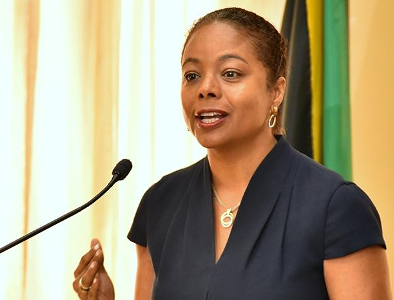
5.6 Judges shall not be a member of, nor associate with any society or organisation which practises, or may reasonably be perceived as practising invidious discrimination on the basis of any irrelevant consideration. The “the terms “sexual orientation” and “gender identity” are referred to in code 5.1 as being included in the term “irrelevant consideration.”
Golding had stated that removing the king (of England) as Jamaica’s head of state and accepting the CCJ as the final court of appeal are part of the process of decolonisation.
“Jamaica must not squander the chance for constitutional reform… as a first step, we must reform the constitution to complete the decolonisation process,” he said.
Richards and Saunders noted that while Jamaica’s effort to rid itself of the vestiges of imperialism is understandable, they find that there is another type of imperialism which is very present, which is called “cultural imperialism”.
“We are not for one moment of the view that the Privy Council would be more sympathetic to Jamaica or any other country on the issue of opposing LGBT-ism in all its various forms. But we are concerned that the CCJ has declared itself as a Court with an agenda, such agenda being the tasks of achieving “course reset” and closure of the alleged “gap between law and society.” This must be considered in the context of the CCJ being an “executing agency” for funds from LGBT+organisation,” they reasoned.
Pastor Joseph Buckland is just as concerned about Jamaica ditching the UK Privy Council for the CCJ. He feels the CCJ, based on its code of conduct, will facilitate LGBTQ rights.
“Once Jamaica becomes a “Republic”, and has left the U.K. Privy Council and has joined the Caribbean Court of Justice, LGBT rights are certain to be won in the near future,” he said.
Jamaica remains one of six countries in the Americas and Caribbean that retains the buggery law, but there has been increasing efforts in recent years for the country to legalise same-sex union.

